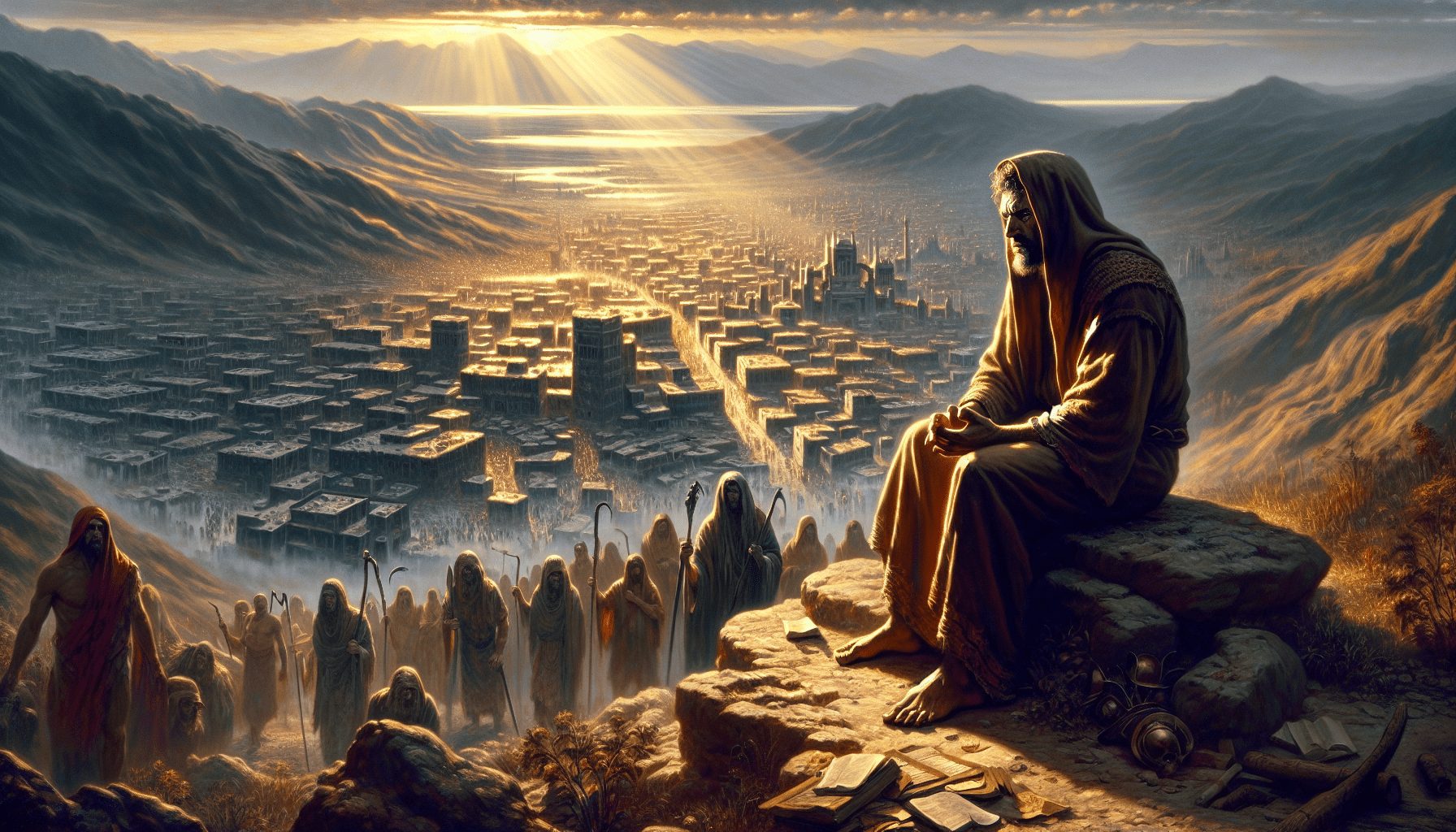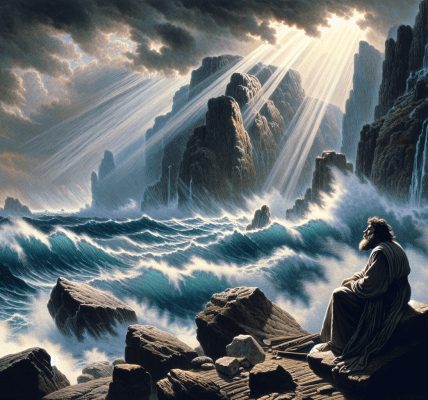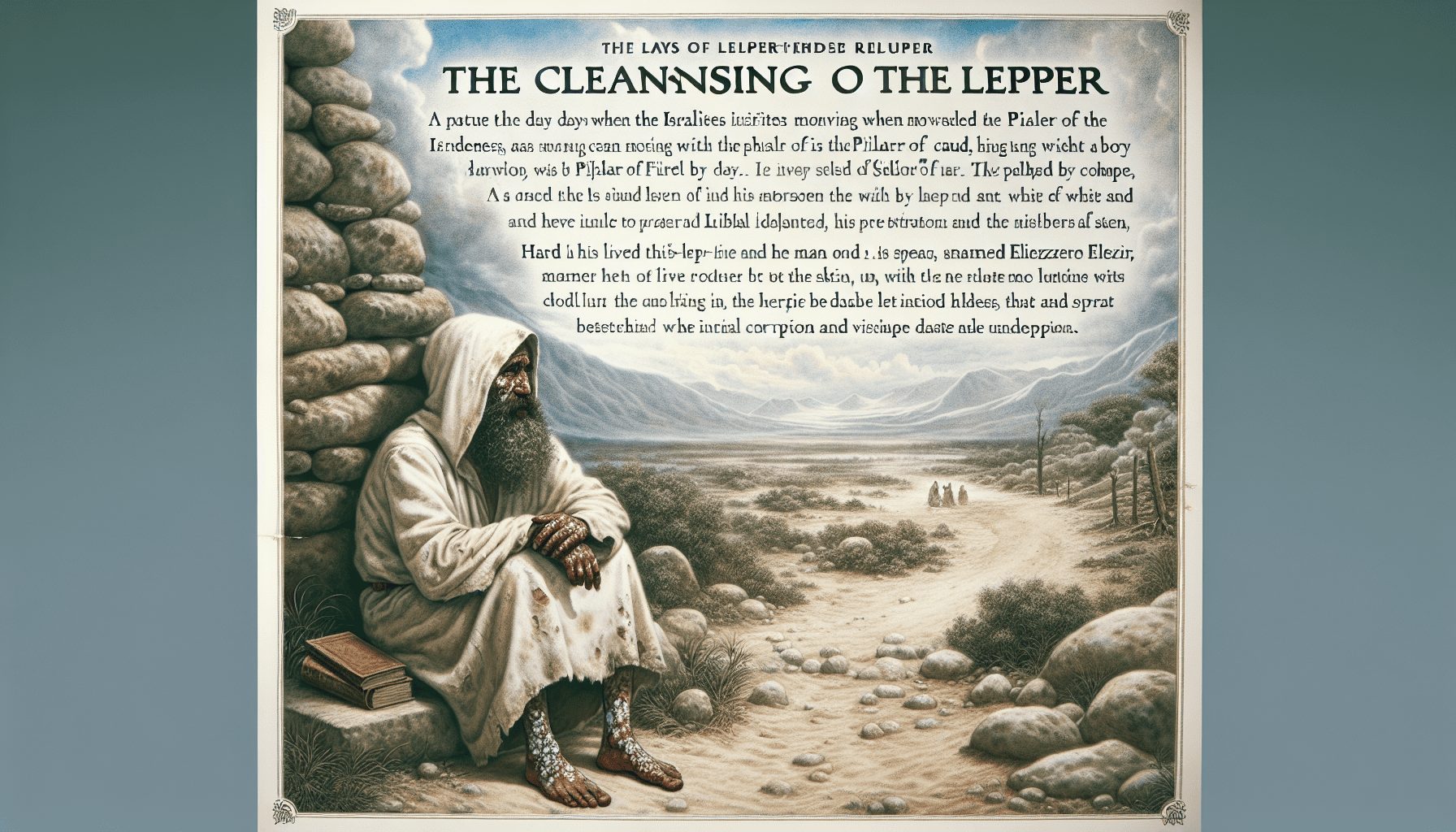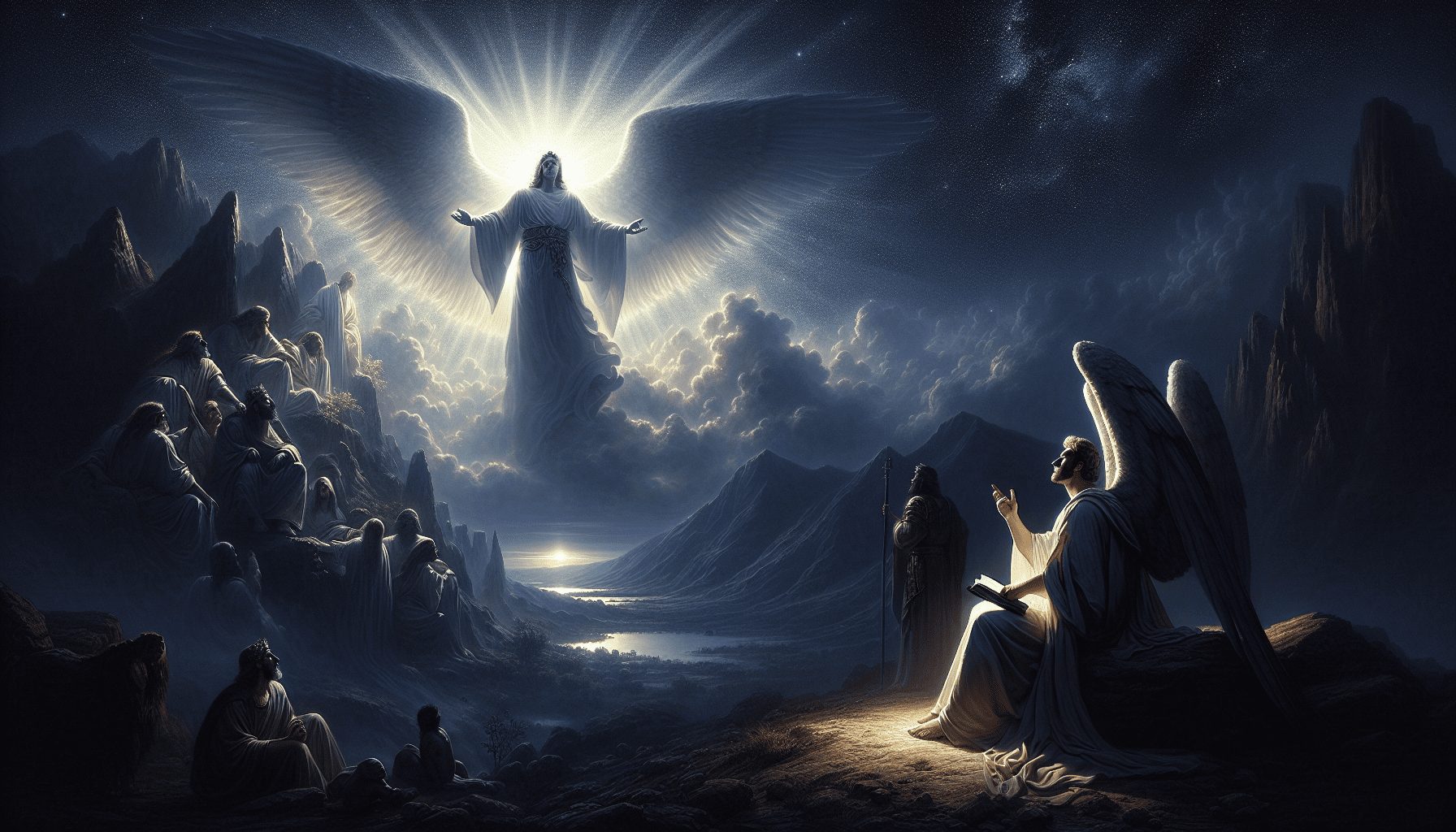Once upon a time in ancient Egypt, Jehovah, the God of the Hebrews, spoke sternly to His servant Moses. Jehovah commanded Moses to go to Pharaoh and deliver a divine message: “Let my people go, that they may serve me openly.”
Jehovah further warned Pharaoh that if he refused to free the Hebrews, a great calamity would befall all the cattle in the land of Egypt, from the horses to the camels, the herds to the flocks. A deadly disease, a severe murrain, would descend upon them, sparing only those that belonged to the children of Israel. This was Jehovah’s divine promise, and He set a time for this to take place.
The next day, as foretold, the prophecy was fulfilled. All Egyptian livestock tragically perished, while the animals of the Israelites remained unharmed. Astonished at this supernatural occurrence, Pharaoh sent to investigate and found, indeed, not one of the Israelite’s cattle had died. Despite witnessing Jehovah’s power, Pharaoh’s heart remained stubborn, and he refused to release the Israelites.
In response to Pharaoh’s obstinance, Jehovah once again instructed Moses, along with his brother Aaron, to take handfuls of furnace ashes and scatter them towards the sky in Pharaoh’s presence. The ashes became a fine dust which caused painful boils on man and beast throughout Egypt, reaching even Pharaoh’s magicians, who found they could not stand due to the agonizing sores. Despite their pain, Pharaoh’s heart was further hardened, and he remained deaf to Moses’ appeals.
Jehovah then ordered Moses to confront Pharaoh early in the morning. Jehovah planned to unleash all his plagues upon Pharaoh’s heart, his servants, and his people. Despite Jehovah’s mighty hand striking them down with pestilence, Pharaoh continued to resist, unwilling to recognize Jehovah’s incomparable power.
Tensions escalated when Jehovah foretold another devastating plague – a hailstorm so severe it threatened to annihilate every man and beast caught in the open. Those among Pharaoh’s servants who feared Jehovah heeded His warnings and sought shelter for their cattle and themselves, while others ignored His words and suffered the consequences.
As instructed, Moses extended his hand towards the sky, invoking a hailstorm like none other in Egypt’s history. It was accompanied by thunder, and the earth was set ablaze; the hail and fire mixing made it even more grievous. Everything exposed to the open, living or vegetative, was battered, except in the land of Goshen where the children of Israel resided; there was no hail.
At last, overwhelmed by the catastrophic hailstorm, Pharaoh conceded and sought to negotiate with Moses. “I have sinned,” Pharaoh admitted, “Jehovah is righteous, and I and my people are wicked.” He pleaded with Moses to implore Jehovah to stop the thunder and hail, promising finally to let the Israelites go. Moses agreed to his request, though he suspected that Pharaoh and his servants still did not genuinely fear Jehovah.
Moses raised his hands to Jehovah once he left the city, and as promised, the thunder and hail ceased. The earth was spared from further harm. Yet, once the skies cleared, Pharaoh again hardened his heart and refused to liberate the Israelites, betraying his earlier promises, just as Jehovah had prophesied through Moses. This remarkable story demonstrates Jehovah’s power and the tragic consequences of stubbornness against divine will.



